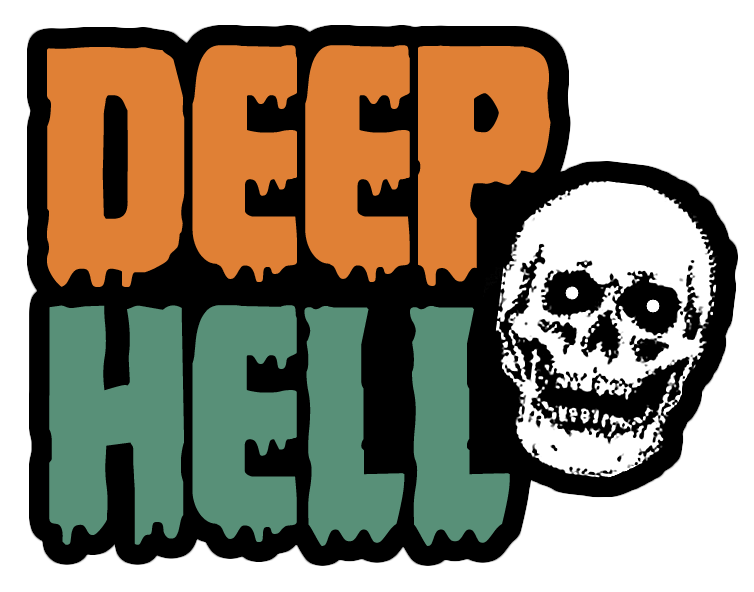this article was written by Kaile Hultner, of noescapevg.com fame – paid for by our Patreon Subscribers.
The video game industry is fuckin cooked, man. The glut of mergers and acquisitions in the AAA space (and even a little bit into the indie space) during the COVID era has turned into an apocalypse of layoffs and studio closures. A 2022 report by UNI Global Union put the number of people working in video games across North America, Europe and Asia at somewhere around 330,000 people; if that number is right, and if reported numbers regarding industry layoffs are accurate, something like 10 percent of people in the entire fucking industry got laid off between 2022 and 2024.
We don’t want to think about how many of the 33,000+ people that got laid off still haven’t made their way back into the industry. There aren’t enough jobs for them, even if there are resources that purport to help in the job search. How long are you going to wait for an interview when your savings run out, rent’s still due and you’ve still gotta eat? Just an absolutely astronomical brain drain, and for what? For short term profits and executive bonuses? Miserable.
I don’t want to sit here and say Firewalk Studios was ever an “indie” developer. Their original parent company, Probably Monsters, was set up by former Bungie CEO Harold Ryan. The studio was shot through with ex-Bungie and Activision talent. Their game was described, even in early interviews and articles, as a “Triple-A Game.” But for about five years between 2018 and 2023, Firewalk was an “independent” studio, as in “independent from Sony or any other ultramassive conglomerate publisher.” Those five years line up with what would’ve been the bulk of development time on Concord, Firewalk’s first – and only – game. Sony bought the company in 2023. It feels wild to me that a corporation can buy another company, watch the company release the game they spent six years on by themselves and see it fall on its face, and then systematically shitcan everyone at the company and shut it down within the space of a year.
Asking whether Concord was a bad video game is beside the point. It could have been the second coming of Team Fortress 2 and we could’ve seen the same thing happen. It was natural for a studio made up mainly of, like, Destiny and Overwatch developers to make a game that vaguely resembled Destiny and Overwatch. For me the question is, “Was Concord set up for success?” Did Sony bother showing anyone the game beyond the trailer that appeared at Geoff Keighley’s Summer JOI Session? Who thought of the $40 price tag for a game that so clearly yelled, “we’re free-to-play with cosmetic microtransactions!”
So many elements of Concord seemed to rely on the game having a long, loooooooooooooong tail. Its planned series of animated narrative shorts. The episode of Secret Level Firewalk did. I think if Firewalk had been given room, and time, it would have had a chance to iron out many of the problems people had with the game. It probably would have gone free-to-play. Instead Sony, after offering enthusiastic support for the game since 2021 and going so far as buying Firewalk Studios in 2023, shut it all down at the first whiff of danger to profits.
The problem is bigger than Sony or Firewalk, of course. It’s every massive multinational corporation that buys up a bunch of smaller companies then shuts them down almost immediately when times get tight. Microsoft, EA, Embracer, to name a few others. Your game could have been a pile of shit; it could have been a success—no matter what, they could just shut your shit down. I think a lot about Ouka Studios, the NetEase subsidiary that handled development of Square-Enix’s Visions of Mana, and how it got shut down within hours of the game’s release. I think about Tango Gameworks and Hi-Fi RUSH’s success, and how Microsoft threw the studio away only for it to be rescued – barely – by Korean publisher Krafton—who is mainly only interested in the studio because of Hi-Fi RUSH.
To the companies that own them, these studios aren’t made of people with lives and families creating important cultural objects—or even just kitsch at this point. They’re assets in an investment portfolio, items in a balance sheet. The cruelty of capitalism lives in this dehumanization. Executives spent too much, gobbled up too much, threw more and more in with existing studios and IP; it’s the companies they bought that must suffer.
And this is why Concord is my game of 2024. It wasn’t the best game of the year; it probably wasn’t the worst, either. But it was most emblematic of what happened to this industry.

